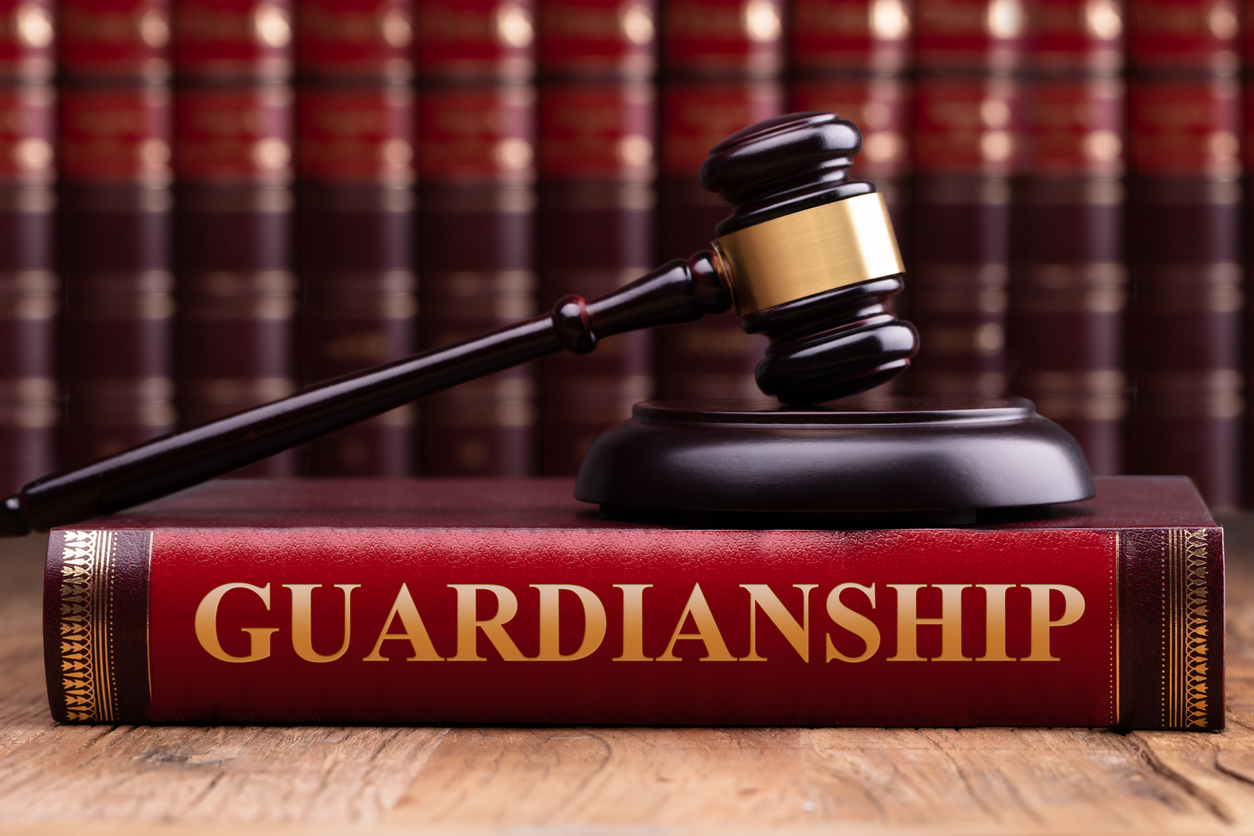
A Guardianship is a legal proceeding that is used when someone does not have the ability to make their own financial or health care decisions, and they need someone to make those decisions on their behalf. Sometimes, when powers of attorney are in place, a Guardianship can be avoided and instead decisions can be made by the agent under the Power of Attorney. Other times, when the incapacitated adult objects to the agent making these decisions or revokes the powers of attorney, a power of attorney may not be enough.
A Guardianship is not for someone who makes bad decisions, people have the right to make bad decisions for themselves. A Guardianship is for someone who cannot understand the decision that needs to be made, or due to some physical or mental limitation, cannot make necessary decisions for themselves.
A Guardianship for an incapacitated adult can occur for either financial, medical or both. The Court will grant a Guardianship when the Court finds that the incapacitated adult cannot handle their Activities of Daily Living on their own. Activities of Daily Living can include: bathing; eating; dressing; getting around – mobility; transferring from bed to chair; toileting; using the telephone; taking Medication; money management; housework; meal preparation; laundry; and even grocery shopping. Any one activity of daily living may not be enough for a Guardianship, but combined, an adult who cannot perform these activities may need the assistance of a Guardian.
The Guardianship should be tailored to the needs of the incapacitate adult. For example, if you need the authority to decide where the incapacitated adult is going to live, like at a nursing home or assisted living facility, a Guardian over the Person is best for that. A Guardian for the Person is also best for medical decisions, making Doctor’s appointments, and handling personal decisions. A Guardianship of the Estate is only for financial or legal transactions, for example: selling real estate, paying bills, balancing the check book, or applying for Medicaid. If the incapacitated adult needs assistance with a wide variety of issues, then requesting Guardianship of both the Person and Estate will allow the Guardian to assist in living, medical and financial arrangements.
Guardianships can also be for limited periods of time in particular situations. If the incapacitated adult is going on Medicaid and all that is left to finish is the sale of real estate, a Guardian can ask to be appointed just to handle the sale of the real estate and then when the assets have gone and the incapacitated adult is on Medicaid, the Guardianship can terminate. In the event that it is on-going, like medical decisions, the Guardianship will last until the passing of or the recovery of the incapacitated adult.
For more information or to schedule an appointment to discuss your situation and options, contact us.